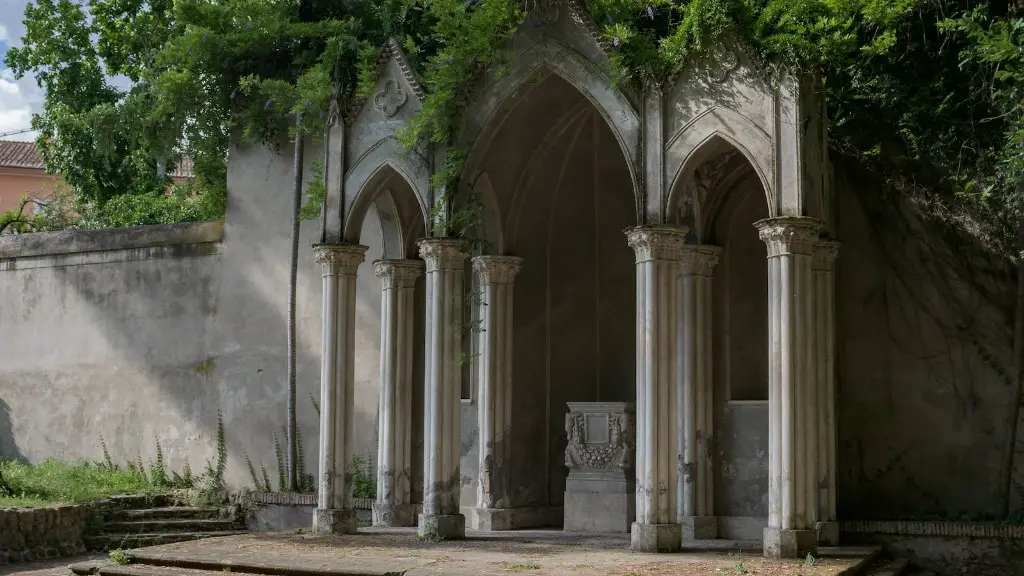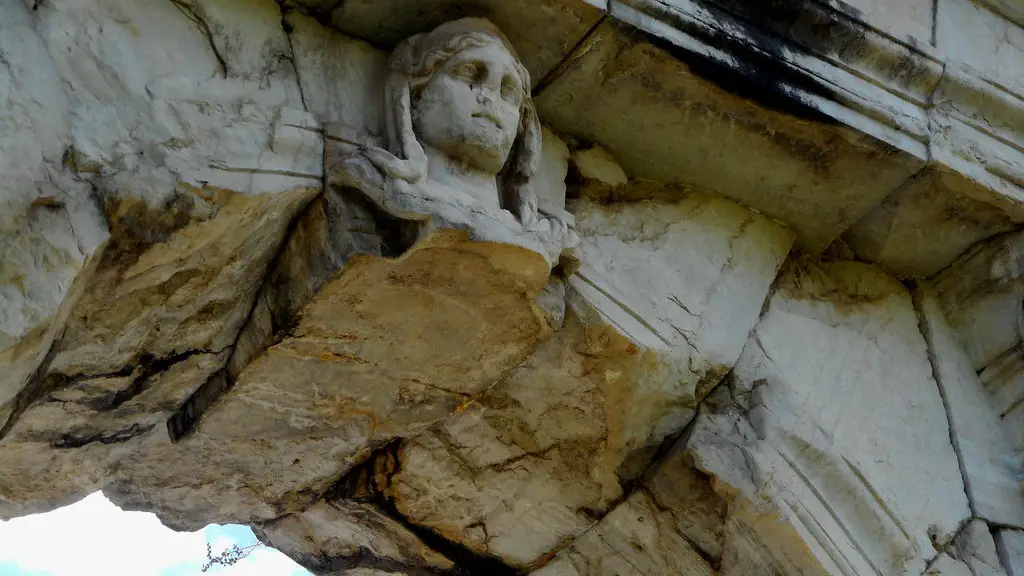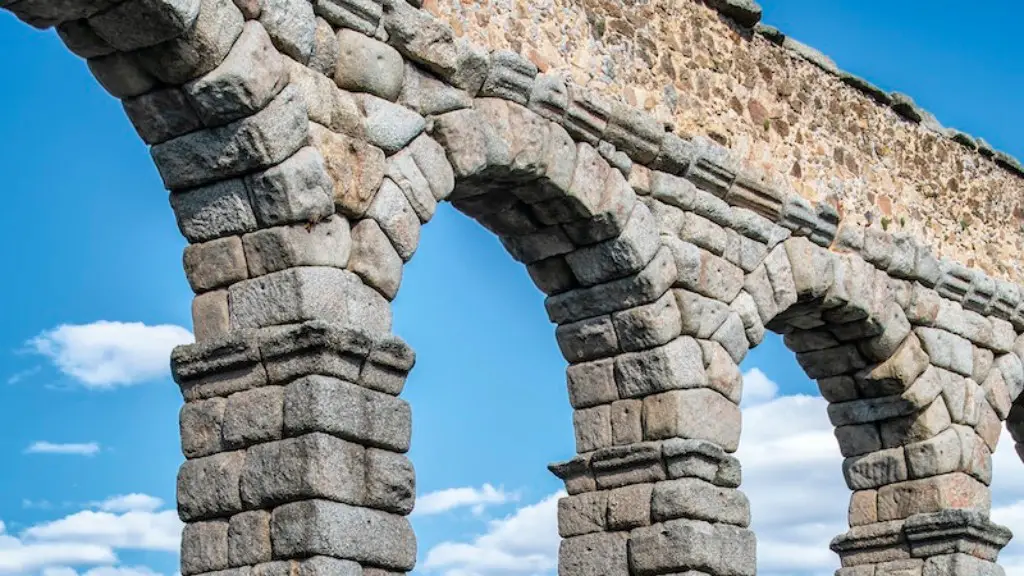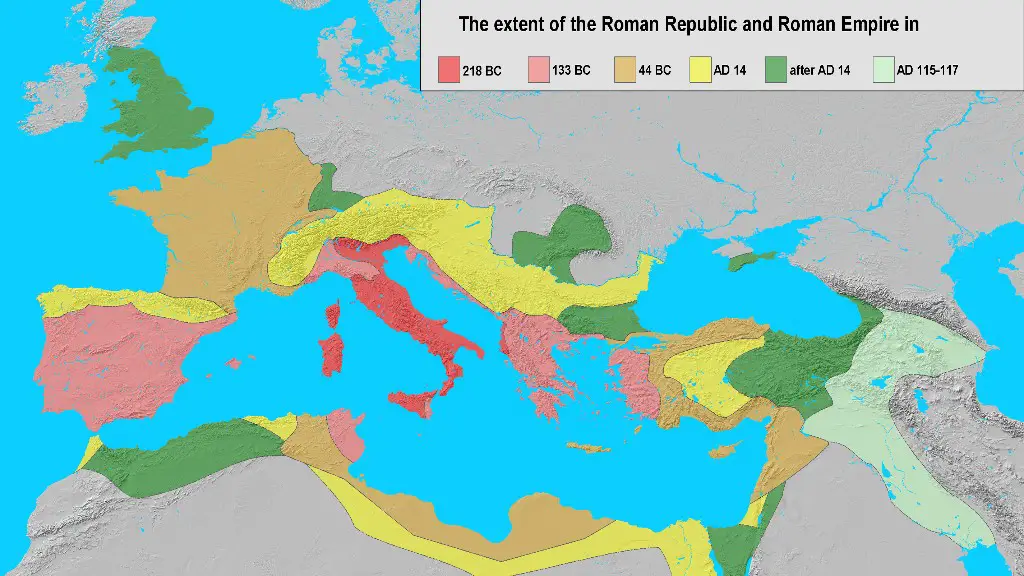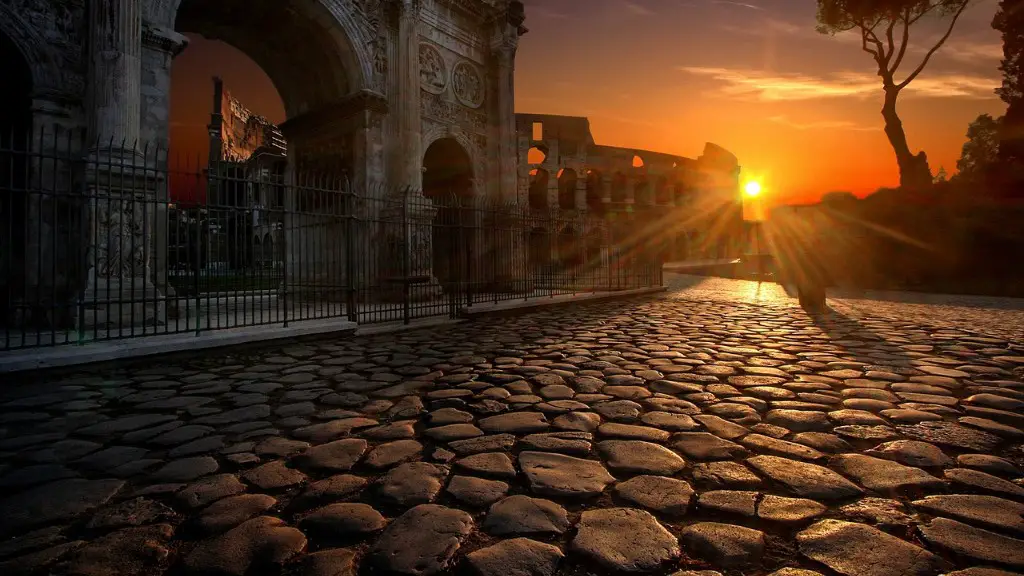Ancient Greece and Rome were two very different cultures. Greece was a land of city-states, each with their own government. Rome was a republic, with a Senate and two consuls. Greece had a more relaxed culture, while Rome was more militaristic. Greece was known for their art and philosophy, while Rome was known for their engineering and architecture.
The ancient Greeks were a Mediterranean people who reached a high level of cultural and political development. The ancient Romans were their counterparts in the Italian peninsula. Both societies flourished during the classical period, but there were some important differences between them. For example, the Greeks developed democracy, while the Romans developed a republic. The Greeks also emphasize individual achievement and the glory of the city-state, while the Romans emphasize the importance of duty to the state.
What was the difference between Greece and Rome?
The ancient Greek city-states were separated from each other by hilly countryside. This made it difficult for one city-state to invade another. Rome was inland, on one side of the Tiber River. However, the Italic tribes (in the boot-shaped peninsula that is now Italy) did not have the same natural geographical barriers. This made it easier for the Italic tribes to invade Rome.
It is interesting to note the difference in focus between Ancient Greek and Roman artists. Whereas the Greeks tended to focus on individualism and idealism, the Romans were more interested in realism and highlighting the spirits of their rulers. This difference is likely due to the different cultures and values of each society.
What are the differences between ancient Rome and ancient Greece geography
Both Greece and Rome are peninsulas located in southern Europe with a Mediterranean climate. They are both surrounded by sea on three sides and have plenty of mountains. However, Rome has fertile soil on its Italian Peninsula while the Greeks have poor soil on their Peloponnesus Peninsula. This difference in geography has led to different economic and political development between the two countries.
The Romans were heavily influenced by the Greeks in many different areas, including trade, banking, administration, art, literature, philosophy, and earth science. In the last century BC, it was a must for every rich young man to study in Athens or Rhodes and perfect their knowledge of rhetoric at the large schools of philosophy. This influence from the Greeks helped the Romans to become one of the most powerful empires in the world.
Were Ancient Greece and Rome at the same time?
Classical Antiquity is a period of great importance in history. It saw the rise of two great civilizations, Greece and Rome. These two cultures had a profound influence on the development of Western civilization. They also left a rich legacy of art and literature.
There are many similarities between the Roman and Greek Empires, such as their city-states, their forms of democracy, and their gods. Both empires had a great impact on the Mediterranean area. However, the Roman Empire had a greater impact overall.
What is the main difference between Greek and Roman Theatre?
Greek Theaters were carved out of a hillside while Roman theaters were built up from solid ground using either cement or stone. Also, the orchestra is larger because the structures were used for other events which required more space.
Ancient Greek statuary typically depicted idealized human forms of athletes and gods. In contrast, Ancient Roman sculpture tended to represent real, ordinary people with their natural beauty and imperfections. This difference is likely due to the different cultural values of the two civilizations. Greeks placed a high value on perfection, while Romans valued naturalness and realism.
What are three differences between Greek and Roman Theatre
The orchestra in Roman theaters is semicircular, which is different from the stage in Greek theaters that is single-storey. Roman theaters can have two or three floors, and since they do not have religious characteristics, wealthy people always have reserved places in the orchestra.
There is a major difference between Greek and Roman temples. Greek temples were built freestanding and without regard for the other buildings around them. Roman temples, on the other hand, were built in conjunction with large municipal building projects and their final design took this into account.
What’s the difference between Greek and Roman gods?
Roman gods and goddesses were named after objects, rather than possessing a gender. This is in contrast to Greek gods, who were decided by human characteristics and traits. As Greek gods predated Roman gods, Roman mythology would take the Greek deity and assign a Roman object that would fit the description of the Greek god. This allowed for a more diverse range of goddesses and gods, as well as a more accurate representation of their power and influence.
The Athenian citizens could all vote, but Athenian women were not citizens, whereas in Rome, they were. Athens was the center of Greece’s Golden Age around 500–300 BCE, whereas Rome’s came in the last century of the Republic and in the first century or two of the Empire.
Was ancient Greece or Rome first
Ancient Greece was a major source of inspiration for the development of Western culture. The Greeks were one of the first major cultures to establish a significant presence in the Western world, and their influence can still be seen in many aspects of modern life. The Greeks were known for their art, literature, philosophy, and science, and many of their ideas and achievements formed the basis for subsequent Western achievements. Even though the Roman Empire eventually overtook the Greek city-states, the influence of Ancient Greece remained strong, and it continues to be felt in the 21st century.
These days, the idea that there are fundamental differences between the Roman and Greek cultures is not as widely accepted as it once was. Nevertheless, it is still worth considering the general idea that the two cultures did have different orientations, with the Romans being more focused on military strength and political power, and the Greeks being more interested in philosophy and intellectual pursuits.
What did ancient Rome copy from ancient Greece?
This is a pretty straightforward topic. Basically, wealthy Romans wanted works of art that reminded them of Greece, so artists made copies of famous Greek statues out of marble and bronze.
The Roman conquest of Greece was a long and protracted process, finally culminating in the complete defeat of the Greeks at the Battle of Corinth in 146 BC. Following the victory, Rome completely destroyed and plundered the city of Corinth as an example to other Greek cities. From this point on, Greece was ruled by Rome.
Conclusion
Ancient Greece and Ancient Rome were two very different cultures. Rome was more militaristic than Greece and was known for its grandiose architecture, whereas Greece was known for its art and philosophy. Additionally, the two cultures had different religions. Rome was polytheistic and believed in a pantheon of gods, while Greece was monotheistic and believed in one god, Zeus. Lastly, their political systems were different. Ancient Greece was a democracy, while Ancient Rome was an empire.
There are several major differences between ancient Greece and ancient Rome. Firstly, ancient Greece was a collection of city-states, each with its own government, customs, and traditions, while ancient Rome was a single, unified empire. Secondly, the primary religion of ancient Greece was polytheistic, while the primary religion of ancient Rome was monotheistic. Thirdly, the economy of ancient Greece was primarily based on agriculture, while the economy of ancient Rome was based on trade and industry. Finally, the cultures of ancient Greece and ancient Rome were quite different, with the former being more focused on art, literature, and philosophy, and the latter being more focused on military power and conquest.
